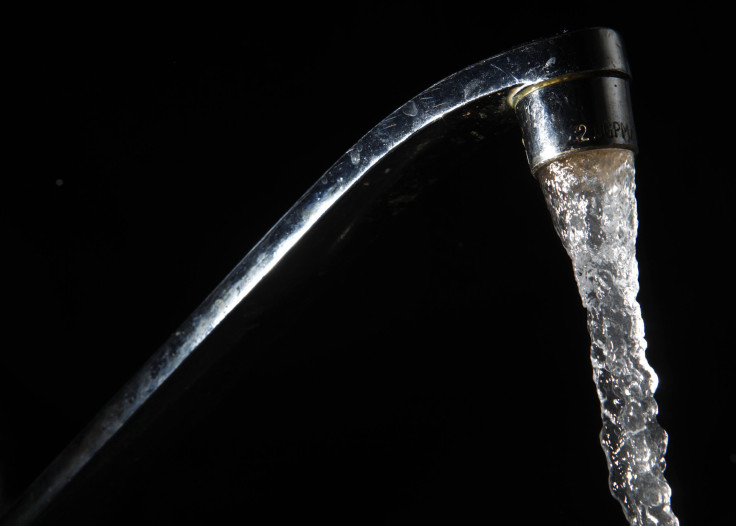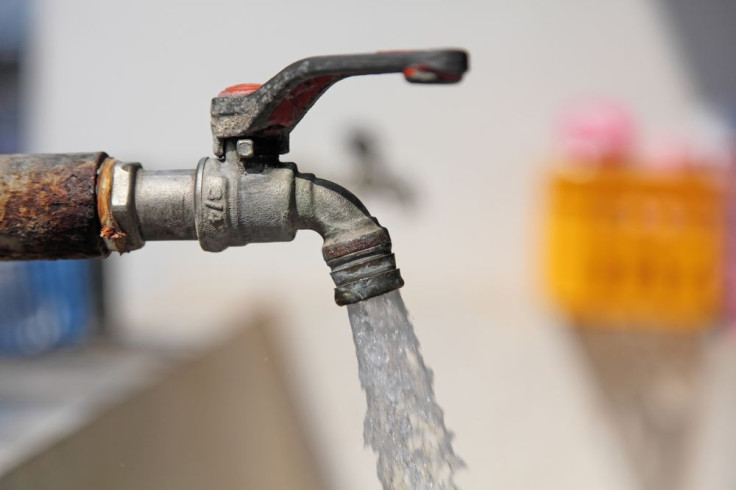Does Your Tap Water Contain Cancer-Causing Contaminants?

Most community water system in the United States are safe and meet federal and local health standards but those that don't might be the cause of more than 100,000 cases of cancer throughout the country.
A new scientific paper published by the nonprofit Environmental Working Group (EWG) found people with substandard water systems are exposed to a toxic cocktail of chemicals -- including atrazine, arsenic, flouride and lead -- found in their drinking water.
The study, published in the journal Heliyon, shows cancer has been linked to many different causes but one of the latest is tap water contamination.
“The vast majority of community water systems meet legal standards,” Olga Naidenko, PhD and EWG’s vice president for science investigations, said.“Yet the latest research shows that contaminants present in the water at those concentrations -- perfectly legal -- can still harm human health.”
The study showed that in total, tap water exposure to the carcinogens studied led to 105,887 cases of cancer in the U.S. over a statistical lifetime, which is 70 years. This is the equivalent of four cancer cases per 10,000 people. It found that the risk is higher in the western U.S. due to water scarcities.
“Drier conditions decrease water availability from surface water sources, concentrate contaminants in the existing water sources, and prompt communities to use groundwater resources even in areas where underlying aquifers may have higher levels of arsenic or radioactive chemicals,” according to the study.
The study also found those that rely on public water sources in smaller communities are more at risk than in larger ones. It underscored that most of the water it tested was in compliance with national drinking water standards. Data from the Environmental Protection Agency (EPA) showed a mere 4.5 percent to 5.5 percent of community water systems had serious violations from 2014 to 2017.
The study conducted an assessment of 22 carcinogenic contaminants. It found most of the risk is due to arsenic, disinfection byproducts and radioactive contaminants.
The study examined the health effects of carcinogens in over 48,000 U.S. community water systems from 2010 to 2017. It found that drinking water can contain a complex mixture of contaminants.
The most at-risk water systems tend to serve smaller communities that rely on groundwater as their tap water source. Most of the increased cancer risk is the result of tap water contamination with arsenic, disinfection byproducts and radioactive elements such as radium and uranium.
“Overall cancer risk metric represents a statistical probability of developing cancer over a lifetime of exposure to an individual carcinogenic contaminant or a mixture of contaminants at specified levels," the study pointed out.




























